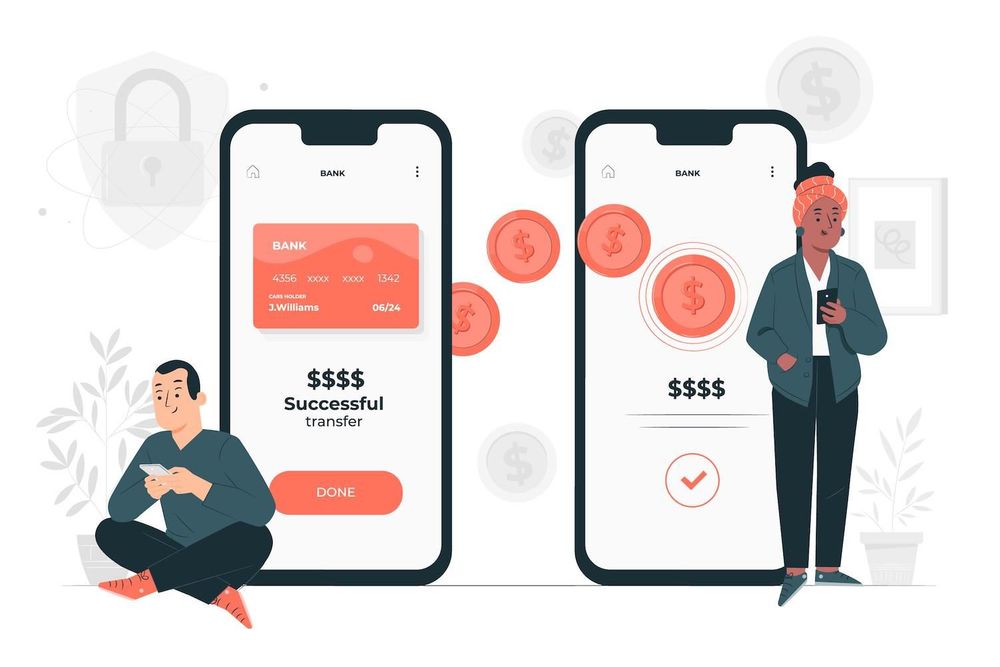Why It's Important to Think about the name of your course -
Your course's name matters. After all, not only does the course name indicate the subject of the course, but as with any book, the titles draw users to read more.
You're aware that internet users have very short attention spans, and they often make snap decisions from a single impression. Most folks only stay on the page for about 15 seconds If the description of your course doesn't grab the attention of your audience, they might look elsewhere to find content that seems more worth the time.
For you to think more critically about what to call your class, we've listed six compelling reasons we believe it's essential to engage in this discussion about your course name.
The courses appear more professional when branded
If you've named courses before Bring the name to your mind. How does the title reflect your company's image? Does the phrasing, wording images, banners, and text convey to the student the values of your business? All of us should be thinking about how their course reflects on the brand they represent. When you employ the same language that you use to describe your overall brand's aesthetic, you're making sure that your program extends the offerings you offer as a whole.
A good course name allows for specific design elements
The more precise and specific the name of your course is your course's name, the better you will be able to use it as a design framework. In this case, instead of providing the "introduction to photography" course, the students can say they enrolled in the "photography Bootcamp" as well as "photography academy." This kind design can unlock a wealth of possibilities.
When you run a bootcamp for example, you can use lesson components as "stations" in which students stop and practice a new ability. The students can also run "drills" (quizzes) to test their knowledge. When you have a targeted, specific course title, there is more opportunities for innovative, unifying as well as specific course designs.
SEO good practices could attract greater numbers of users
You can also run potential name ideas through Google Trends. This service is free and can help you identify the patterns of search volume, and also related questions and subjects. If, for instance, you look up "how to create a video" within Google Trends, you'll see that the most relevant topics include "YouTube" as well as "TikTok." Also If you created the course to "how to create a vlog using TikTok," you may be in a niche where many people will be curious about your program!
This distinguishes you from your competitors
This is among the main reasons why you should think about your course title. Students must be able to tell clearly in your title your course is unique from the competition.
Let's think back to the photography bootcamp example. If your school is a complete embrace of this idea of a "bootcamp" in the course of time, your program could be known among others as a comprehensive crash course on the subject. People who are interested will begin to realize that your design is different than any other basic course model and will gravitate towards the course because of its perceived benefit over the competition. This all starts with a name!
The name of a course must "mean" some thing.
The biggest mistake when naming courses is falling into the trap of appearing too clever or cute. Acronyms, puns, and other turns of phrases are enjoyable and fun to think about however, at the final analysis, they are often empty cliches that aren't very meaningful. Relying too much on puns could cause confusion for learners and cause them to be turned off. It is important to be clear and not be a fool every time.
It defines expectations for learners
Similar to specificity for SEO purposes, specificity in your name should also address the issues your course is designed to resolve. One way to think about this is to answer the following question "What does the worth of my class?" Most often, this goes back to learning outcomes. These will be the outcomes you would like your students to get of the class.
Let's think back to the video-blog example. "How to Vlog" doesn't quite mean anything. "How to vlog on TikTok" is more effective, but what are learners actually learning? "From beginner to pro: How to vlog on TikTok" will explain a bit more about the worth of the course.
The products that people buy are an transformation. The perfect course name must define the standard for how much work is ahead of them. It should also point on the potential benefits. What can your course do to make their lives better?
